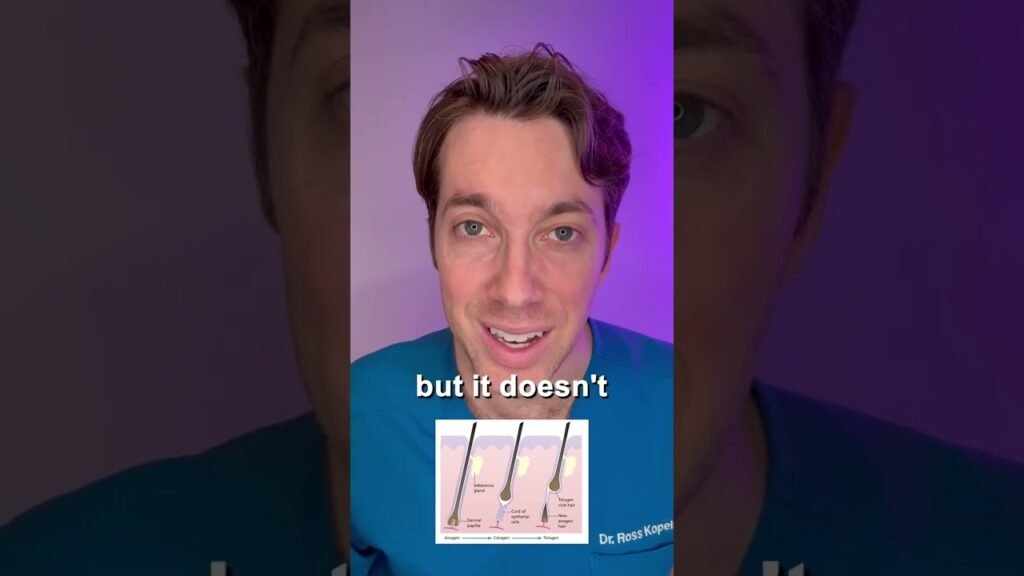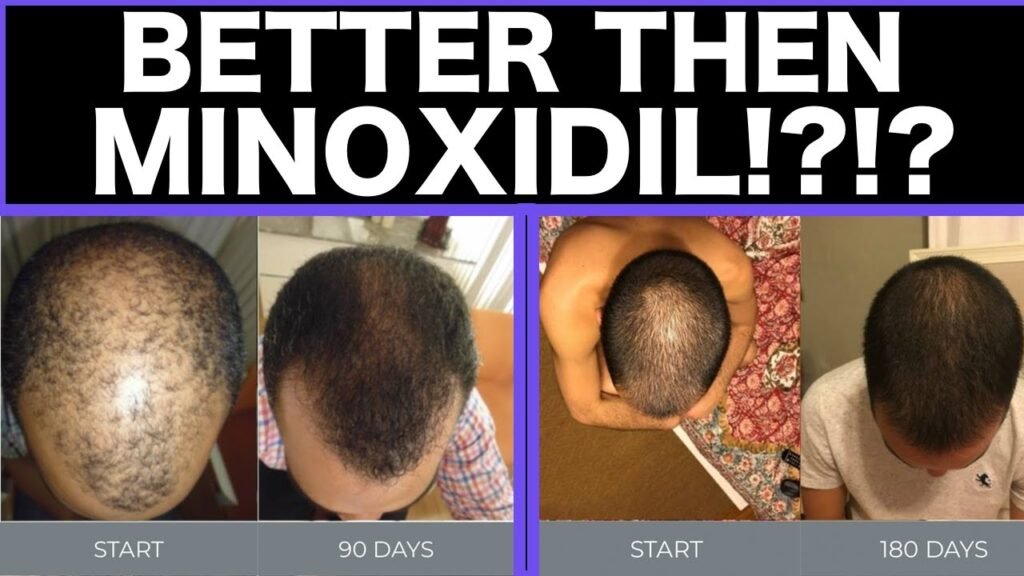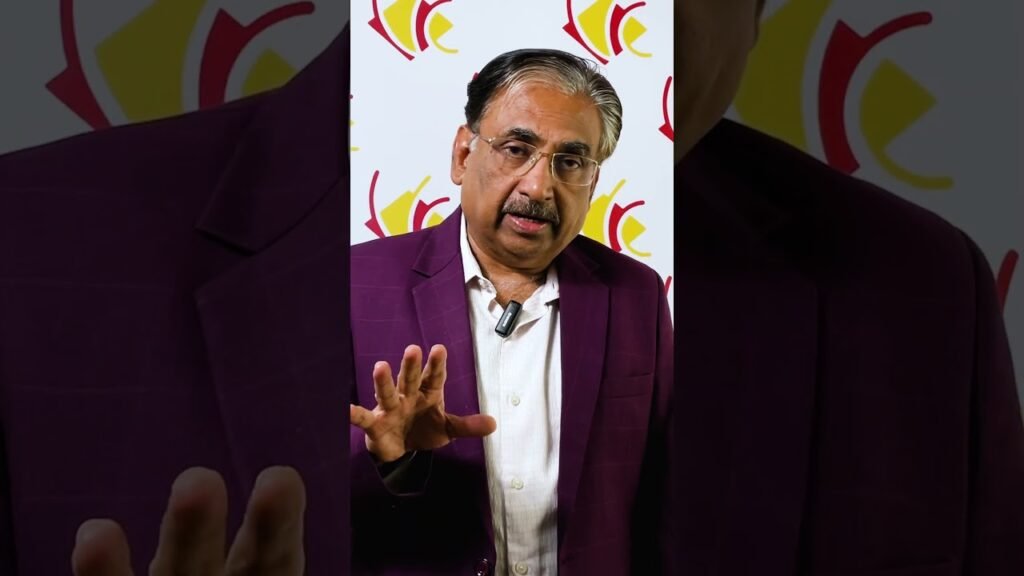Are you better off with Minoxidil vs finasteride
When it comes to combating hair loss, two of the most popular treatments are Minoxidil and Finasteride. Deciding which one is more suitable for you can depend on various factors, including the type of hair loss youre experiencing, your medical history, and your personal preferences. Minoxidil, a topical solution, is commonly used for both men and women and is known for its ability to stimulate hair follicles and increase hair density. It is often recommended for androgenetic alopecia, also known as male or female pattern baldness. Users generally apply Minoxidil directly to the scalp twice daily, and it can take several months to see noticeable results.
On the other hand, Finasteride is an oral medication primarily prescribed for men. It works by inhibiting the conversion of testosterone to dihydrotestosterone (DHT), a hormone linked to hair loss. Finasteride is particularly effective for those experiencing hair thinning at the crown and middle of the scalp. Unlike Minoxidil, which can be used by both genders, Finasteride is not recommended for women, especially those who are pregnant or may become pregnant, due to potential risks of birth defects.
Key Considerations
– Effectiveness: While both treatments have shown efficacy in clinical trials, Finasteride is often considered more effective in slowing hair loss and promoting regrowth for men. Minoxidil can be more beneficial for those who prefer a topical application or for women seeking treatment options.
– Side Effects: Minoxidil users may experience scalp irritation or unwanted facial hair growth, while Finasteride can lead to sexual side effects in some men, such as decreased libido or erectile dysfunction.
– Usage: Minoxidil requires consistent application and patience, as discontinuing use can lead to the return of hair loss. Finasteride requires a prescription and ongoing consultation with a healthcare provider to monitor any potential side effects.


